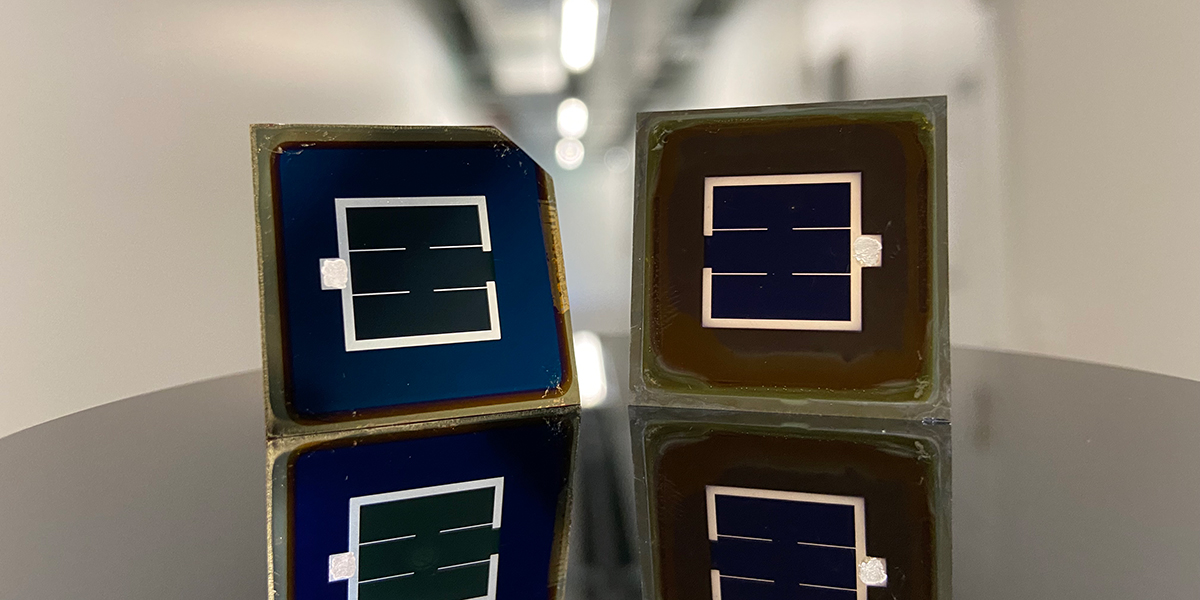From pv magazine Global
An international research group led by Professor Martin Green from the University of New South Wales in Australia has published Version 61 of the “solar cell efficiency tables” in Progress in Photovoltaics. The scientists said they have added six new results to the new tables since June.
“The tables include the result announced this week by Chinese manufacturer Longi, which achieved a 26.81% efficiency rating for an n-type silicon heterojunction (HJT) cell fabricated on an M6 wafer,” Green told pv magazine. “They also include the 26.6% efficiency achieved by Longi for an M6 p-type bifacial cell.”
The results include a 31.3% efficiency for a 1-square-centimetre device fabricated by the Swiss Center for Electronics and Microtechnology (CSEM) and the École polytechnique fédérale de Lausanne (EPFL), and a 22.4% efficiency rating for a 26-square-centimeter perovskite mini-module obtained by EPFL and North China Electric Power University (NCEPU). The results also include a 24.5% efficiency rating for a 20-square-centimetre perovskite/perovskite two-junction, two-terminal mini-module made by Nanjing University and Renshine Solar, and a 47.6% efficiency rating for a four-junction, wafer-bonded concentrator cell based on Group III-V cell technology, with the cell fabricated and measured by the Fraunhofer Institute for Solar Energy Systems (Fraunhofer ISE).
In Version 60 of the tables, released in June, the researchers added 15 new results. The group has seen major improvements in all cell categories since 1993, when the tables were first published. The research group includes scientists from the European Commission Joint Research Centre, Germany’s Fraunhofer Institute for Solar Energy Systems, Japan’s National Institute of Advanced Industrial Science and Technology, the US Department of Energy, and the US National Renewable Energy Laboratory.
This content is protected by copyright and may not be reused. If you want to cooperate with us and would like to reuse some of our content, please contact: editors@pv-magazine.com.









By submitting this form you agree to pv magazine using your data for the purposes of publishing your comment.
Your personal data will only be disclosed or otherwise transmitted to third parties for the purposes of spam filtering or if this is necessary for technical maintenance of the website. Any other transfer to third parties will not take place unless this is justified on the basis of applicable data protection regulations or if pv magazine is legally obliged to do so.
You may revoke this consent at any time with effect for the future, in which case your personal data will be deleted immediately. Otherwise, your data will be deleted if pv magazine has processed your request or the purpose of data storage is fulfilled.
Further information on data privacy can be found in our Data Protection Policy.